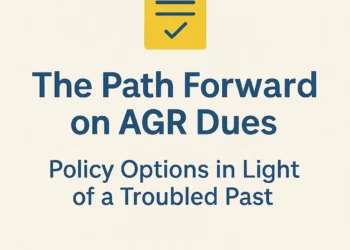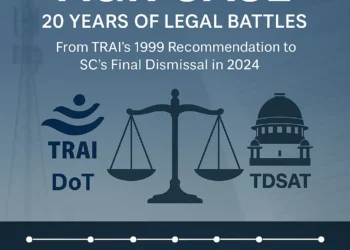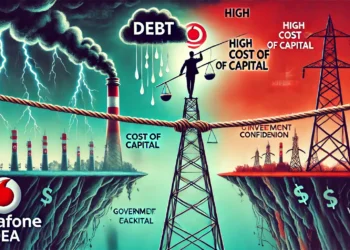On August 13, 2024, the Telecom Regulatory Authority of India (TRAI) issued a directive intensifying the enforcement of its 2018 regulation aimed at curbing unsolicited commercial communications from privately acquired numbers. The original regulation, issued on July 19, 2018 (Regulation 6 of 2018), mandates that service providers develop a system to detect, identify, and take action against unregistered commercial communicators as specified in Chapter II, Section 5, Clause 9. Additionally, Section 15 of Chapter V requires access providers to potentially develop codes of practice in collaboration with other providers to support these functions. The directive also reinforces the establishment of a complaint and redressal mechanism, known as the Customer Complaint Registration Facility (CCRF), enabling customers to report unauthorized commercial calls. Furthermore, it outlines a comprehensive approach for identifying and penalizing the sources of spam calls, including the blocking and potential termination of services to these entities for up to two years, with provisions for an appeal process by the affected parties.
This raises questions about the necessity of the recent directive given the existence of the 2018 regulations: Will this reinforcement truly mitigate spam calls, what loopholes might still exist, and what lessons can be drawn from international efforts in this domain?






